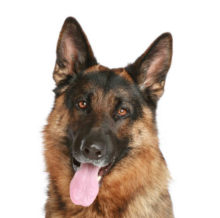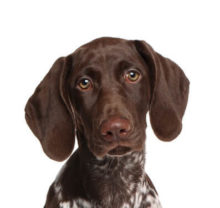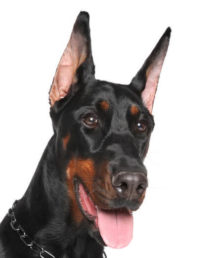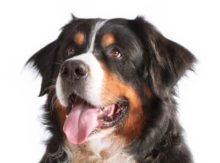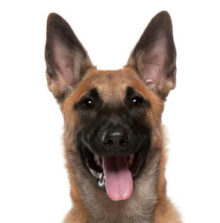Large dogs can make wonderful companions, but like any pet, they come with their own set of advantages and disadvantages. Here are some general pros and cons of large dogs:
Pros
- Protection: Large dogs can provide a sense of security and act as natural deterrents due to their size.
- Exercise Partners: Many larger breeds are active and require regular exercise, which can be beneficial for their owners' health as well.
- Family Companions: Larger dogs often do well in families, and many breeds are known for being good with children.
- Versatility: Some large breeds are versatile and can excel in various roles, including working, agility, and therapy.
- Training Potential: While individual dogs vary, larger breeds can be easier to train due to their intelligence and eagerness to please.
Cons
- Space Requirements: Large dogs typically need more space, both indoors and outdoors, to move around comfortably.
- Costs: Larger dogs can incur higher costs for food, veterinary care, and other supplies.
- Health Issues: Some large breeds are prone to specific health issues, such as hip dysplasia or heart problems, which can result in higher veterinary bills.
- Shorter Lifespan: Generally, larger dogs have a shorter lifespan compared to smaller breeds.
- Training Challenges: While they may be intelligent, some large breeds can be more challenging to train, especially if not properly socialized or trained from a young age.
Understanding Large Dogs: Frequently Asked Questions and In-Depth Insights
1. What qualifies as a large dog breed?
Large dog breeds generally weigh 50 pounds or more. Examples include German Shepherds, Golden Retrievers.
2. How much exercise do large dogs need?
Most large breeds require at least 30 to 60 minutes of exercise daily. Some breeds, especially working or athletic ones, may need more.
3. Are large dogs good with children?
Many large breeds are known for their gentle and patient nature, making them good family pets. However, individual temperament varies.
4. Do large dogs need a lot of space?
Yes, large dogs often need more space to move around comfortably, both indoors and outdoors.
5. What are common health issues in large dogs?
Large breeds can be prone to health issues like hip dysplasia, arthritis, and certain heart conditions. Regular veterinary check-ups are crucial.
6. How much do large dogs eat?
Large dogs generally have larger appetites and may require more food. Feeding guidelines vary by breed and activity level.
The dietary needs of a large dog, for example a German Shepherd, depend on various factors, including age, activity level, and overall health. As a general guideline, adult German Shepherds typically consume around 1.4 to 1.8 kilograms (3 to 4 pounds) of high-quality dog food per day, divided into two meals. This recommendation can be adjusted based on individual variations, such as a puppy's higher energy requirements or a senior dog's lower activity level. Monitoring the dog's weight is crucial, and adjustments to portion sizes should be made accordingly.
7. Are large dogs more challenging to train?
Training difficulty can vary among individual dogs, but some large breeds may be more challenging due to their size and strength.
8. Do large dogs make good apartment pets?
It depends on the breed and their exercise needs. Some large dogs can adapt to apartment living with sufficient exercise.


